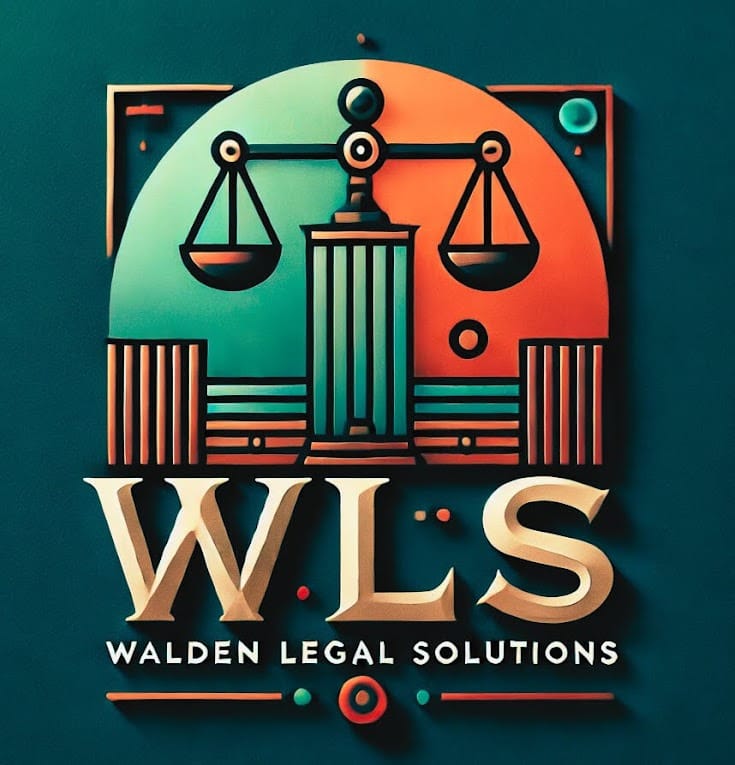Understanding Your Debt Relief Choices: Chapter 13 Bankruptcy vs. Debt Management and Consolidation
For some debtors, Chapter 13 bankruptcy is the best option. This choice is often due to factors such as high income, the desire to keep a home or car, or the need to protect non-exempt property. During bankruptcy consultations, many people inquire about alternative debt relief options, such as debt management plans or debt consolidation.
Comparison of Debt Relief Options:
| Aspect | Chapter 13 | Debt Management Program | Debt Consolidation |
|---|---|---|---|
| Monthly Payments | Determined case by case, usually without regard to total debt | Determined by creditors | Based on overall debt balances and consolidation amount |
| Interest Rates | The discount rate set by the court for secured creditors; no interest on credit card debts | Determined by agreement with creditors | Set by terms of the new loan |
| Creditor Cooperation | Creditors must participate; no opt-out | Creditors may choose not to participate | Creditors are paid in full by new debt |
| Length | 3-5 years | Commonly 3-5 years | Set by terms of new loan |
| Tax Consequences | Discharged debt is not taxable | Cancelled debt is taxable as income | No tax consequences as debts are paid in full |
Debt Management Plans:
These require hiring a company to negotiate with creditors. Not all creditors are required to participate, and some may not work with certain companies. Debtors pay a setup and monthly fee, and the company distributes payments to participating creditors. Non-participating creditors must be paid directly by the debtor. Ensure the company is registered in your state, preferably as a non-profit. Kansas residents can refer to the State Bank Commissioner‘s list of approved organizations, while Missouri residents can consult the National Foundation of Credit Counseling.
Debt Consolidation:
This involves taking out new debt to pay off existing debts, aiming for lower monthly payments and interest rates. However, if the debtor struggles with the new payment or incurs additional debt, bankruptcy may still be necessary.
Chapter 13 Bankruptcy:
This option forces creditors into a repayment plan, with an automatic stay halting collection efforts upon filing. Debtors can catch up on mortgage or car loans, with monthly payments based on income, expenses, and secured and priority debts. Unsecured debts not fully paid during the plan are discharged without tax consequences.
We encourage debtors to contact our office for a Kansas City bankruptcy consultation to explore how bankruptcy can assist them. Our attorneys will review your situation and advise if bankruptcy is a suitable solution for your circumstances.
Connect with us today for a stress-free legal experience!



